The bagpipe is a traditional instrument not only for the Balkans but for the rest of Europe. In Bulgaria, two types of bagpipes are played – a small one called "jura" and a large "kaba". The Rhodope region is known all over the world for the traditional “kaba” bagpipes. In fact, this is the music instrument that Bulgarians recognize as a national one, because its sound can give you goosebumps, or sometimes its melody heard over the Rhodope ridges could move you to teqrs.
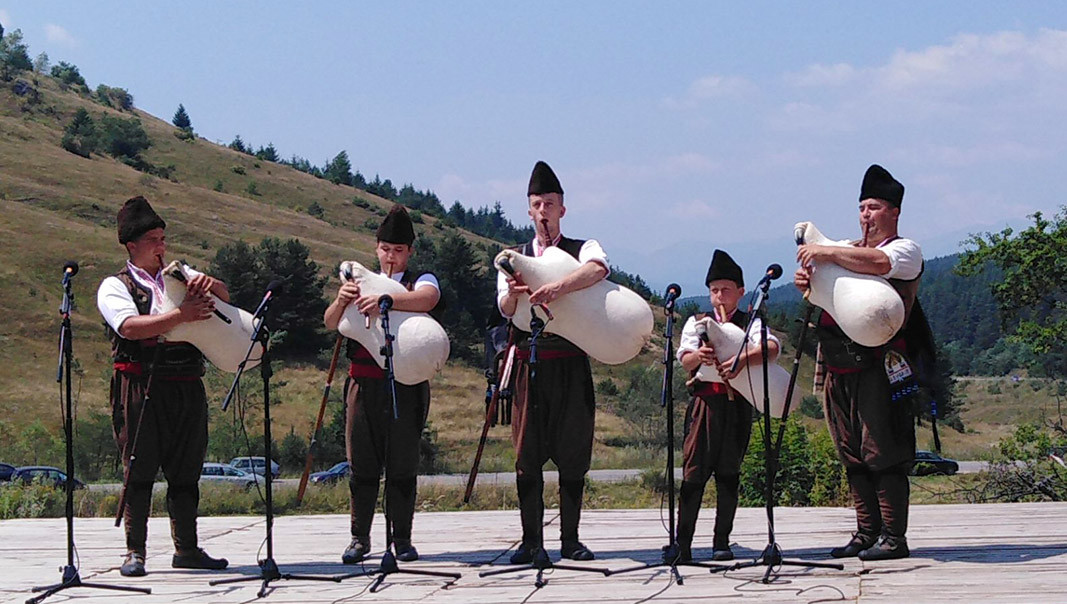
Famous master bagpiper and craftsman Iliya Uchikov, who has created dozens of kaba bagpipes lives and works in the town of Chepelare.
There is creative chaos in his small workshop but he easily finds everything he needs in order to assemble a bagpipe! And this definitely takes time, Iliya Uchikov says in an interview with BNR-Kardzhali. Often people try to order a bagpipe on the phone, but he claims the bagpipe is made the way tailors make clothes.
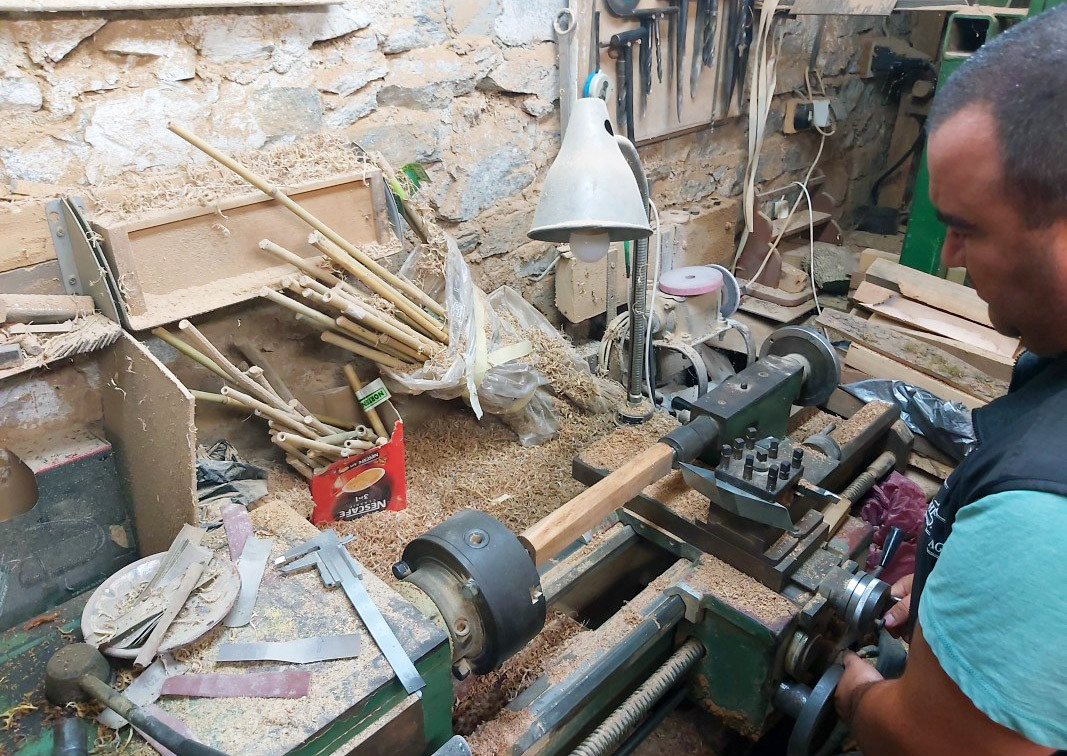
"I need to see the person who will play it to know how big to make it. I need to know whether it is for a child or an adult. Then I need to adjust it," Uchikov says.
But lately, it has been increasingly difficult to find suitable materials for the manufacturing of the instrument. What animal skin does he use for the bagpipe?
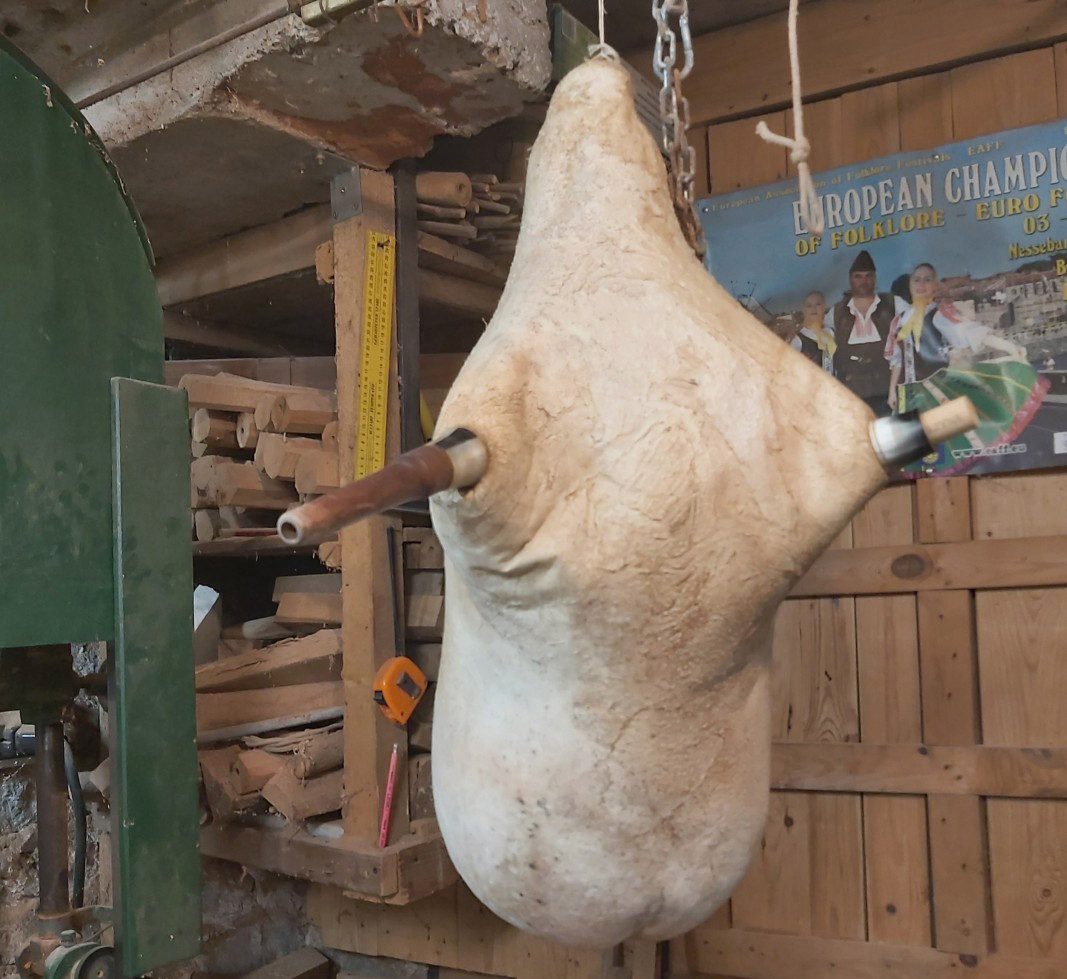
"Only goat, as other skins are weaker and break. Goat skin is tough and does not let air through the pores. It's good that I know farmers. I still find materials from them. Horns are scarce, but I still have some of them. Today it is difficult to find ox horns, because there are few oxen.

And some people think that when they bring me the skin, the bagpipe is almost ready. It is the wooden parts that make the sound. The soul of the bagpipe is the ‘gaidunitsa’ (reed)," the master says.
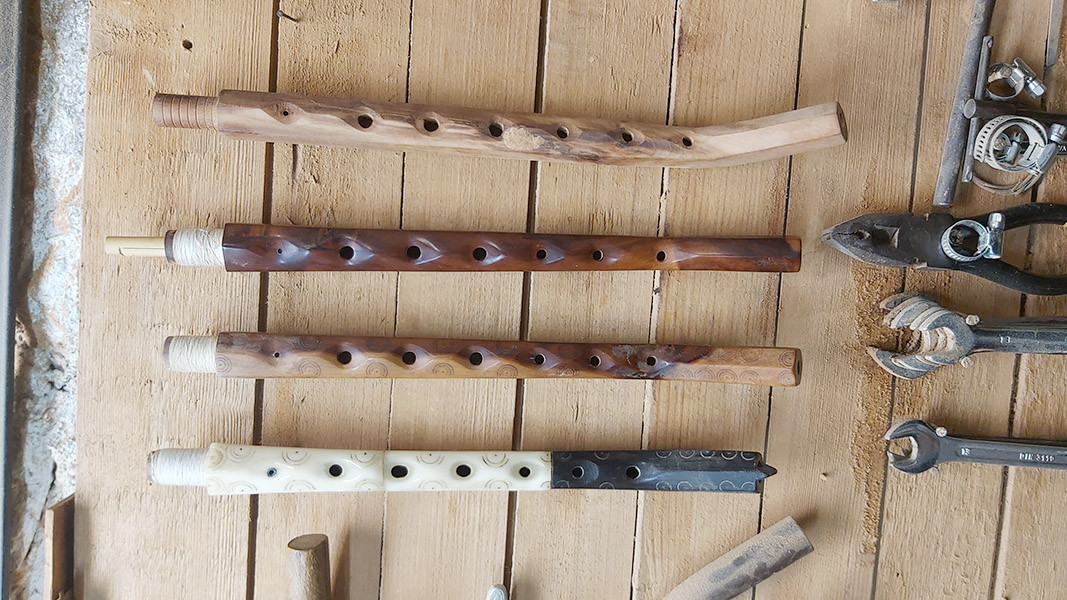
Bagpipers often visit his workshop. The craftsman from Chepelare claims that his bagpipes are played all over the world.
"I know where each bagpipe went; I know every person who plays my bagpipe. I have been keeping a record from the very beginning. I don’t know their exact number, but they are certainly over 200. My bagpipes are all over the world - in Australia, South America, North America, all over Europe ... World-famous bagpiper Ivan Varimezov also plays my bagpipe.”
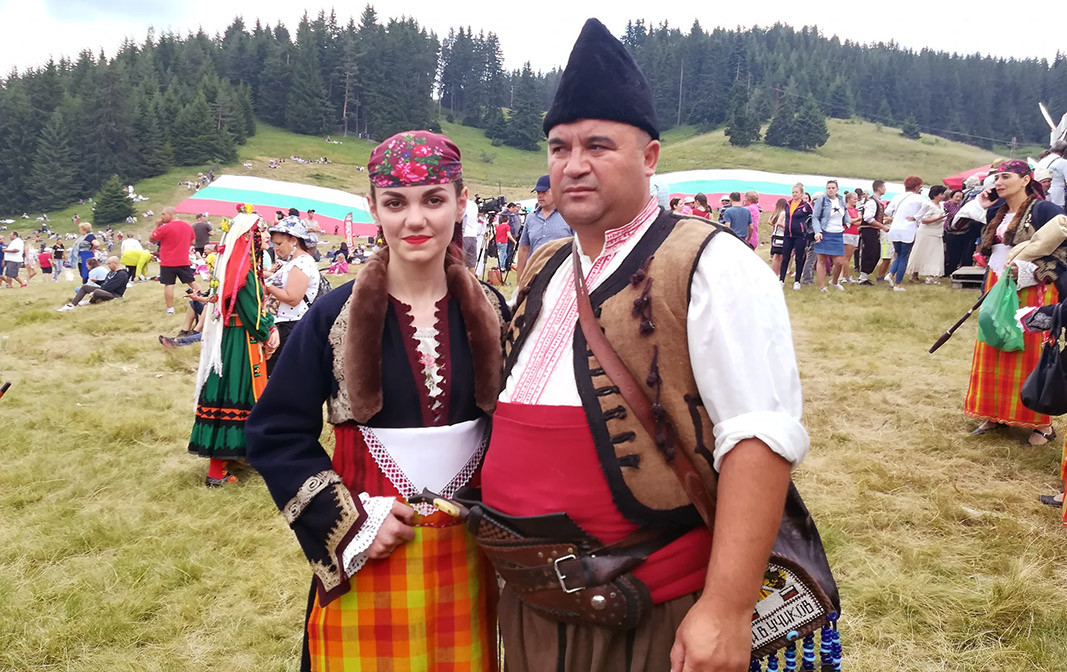
Iliya Uchikov has also been a bagpipe teacher for 22 years. He teaches children in the local community center "Rodopska iskra - 1880". He hopes that one of his students will follow into his footsteps and continue the craft.
His small workshop in Chepelare is often visited by curious tourists. So if you stop in this Rhodope town, along with the ski museum, you can visit the community center and ask about the workshop of bagpiper Iliya Uchikov.
English: Alexqnder Markov
Photos: Angel Nikolova and Bozhidar Cholakov
On 22 November, the Association of Bulgarian Folk Ensembles Abroad (ABFEA) will present its project, 'Online Catalogue of Bulgarian Horo and Other Dances', in three European cities: Lyon, Munich and Copenhagen. 'Our goal is to preserve Bulgarian..
‘The Bulgarian horo is a kind of magic — an enchanted circle that pulses with the unique energy of our spirit, our traditions and our identity,’ says journalist Milena Milotinova, who recently presented her new documentary The Magic of the Bulgarian..
The Eastern Rhodopes come to life in the heart of Sofia – with authentic flavoуrs, music and craftsmanship . Residents of the Bulgaria capital have a chance to immerse themselves in the atmosphere of Momchilgrad Municipality and its cultural and natural..

+359 2 9336 661
